The End of Big Aid
Big Aid is not going to be an important “payer-at-scale” for the kind of solutions Mulago funds. We need to design accordingly.

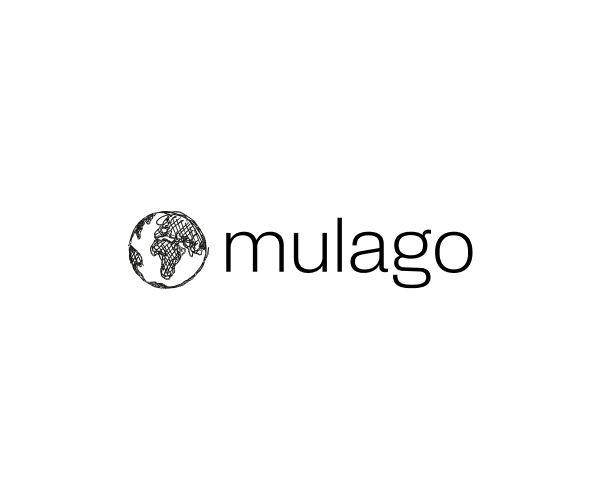
The End of Big Aid as a Payer at Scale
Big Aid is not going to be an important “payer-at-scale” for the kind of solutions Mulago funds. We need to design accordingly. Below is an excerpt from Kevin’s recent letter to our board. In the wake of it, the board approved an additional $5M in “Rise to the Occasion” funding for organizations currently in our portfolio that need to make a big post-aid pivot.
“USAID is gone, maybe for good. The UK has cut its aid spending in half. Other EU countries are or will likely follow suit—for God’s sake, even the Norwegians are cutting back. Given the global tide of populism and the ongoing fracturing of alliances, the contraction looks like it will continue for the foreseeable future.
The callous thoughtlessness and shortsighted idiocy of the current US administration is unprecedented. At Mulago, we’re lucky in that few of our portfolio organizations’ core budgets depended substantially on USAID, but the implications for their efforts to scale their ideas through government are enormous, particularly in Africa. Big Aid is not going to be an important “payer-at-scale” going forward, and that has been the topic of many conversations we’ve had with our portfolio leaders.
As a sector, we need to come up with solutions that governments can and will pay for. We can’t pretend they have more money than they do. The impact still has to be to be good enough, but cheap enough matters like never before.”
Ken Opalo’s Take: Aid As We Know It Is Over
Opalo, a professor at Georgetown, has become our go-to for his informed takes. If international aid, in its current form, is dead, he challenges us to instead build genuine, accountable partnerships. If we’re serious about lasting impact, Opalo argues, we must confront the uncomfortable truths about power dynamics and dependency that aid has perpetuated for decades.
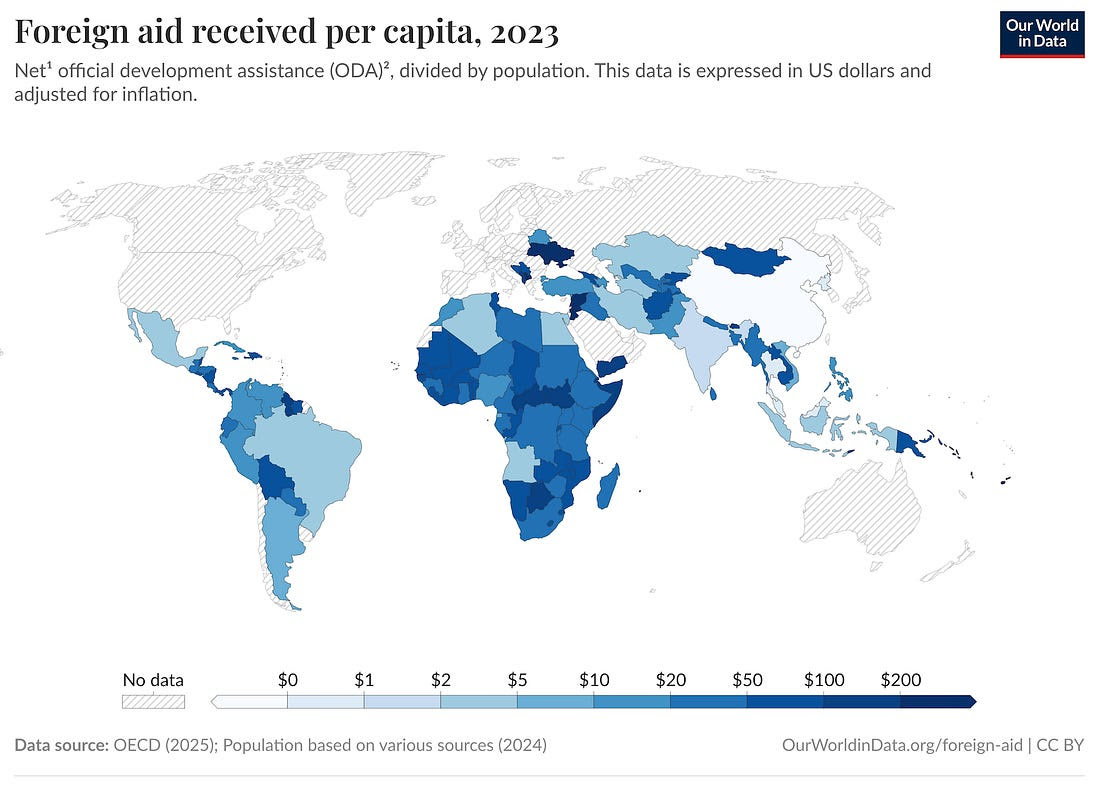
Time For Africa To Rewrite The Rules
A bold call: African countries could flip the script and dictate their own terms to global donors. This piece lays out how a new compact could get countries to drive real change, rather than be passive recipients.
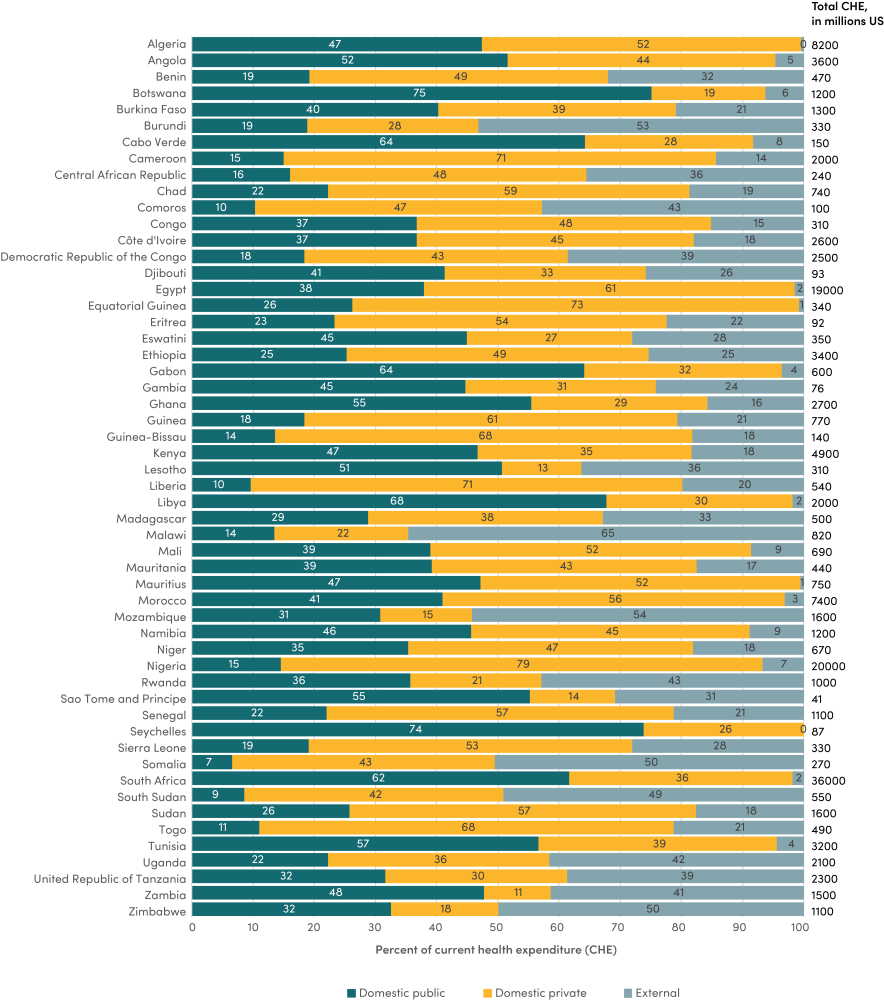
What Would A World Without Foreign Aid Look Like?
Dylan Matthews at Vox goes deep on the brutal debate over how to rescue and/or reform foreign aid. Vox
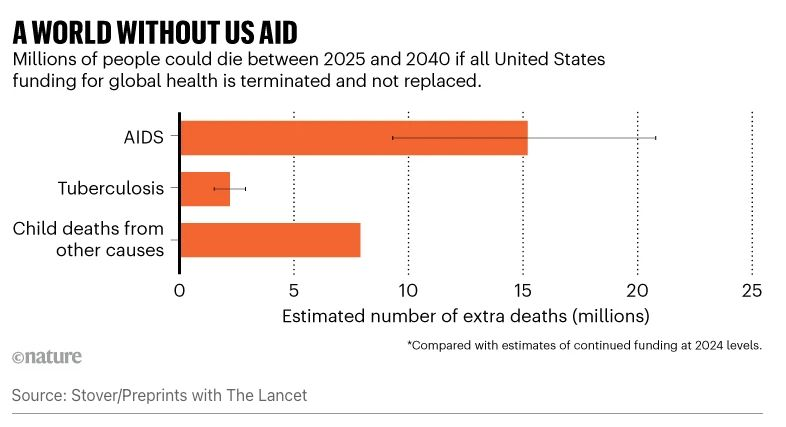
25M deaths: what could happen if the US ends global health funding
And in case it’s not clear, the callousness of the cuts are going to have harrowing effects.
The Age of Miraculous Growth Is Over. Trump’s Tariffs Were Just the Last Straw.
The dream of export-led growth is fading. This piece makes clear that the golden age of globalization is over—and that has big implications for Africa. The continent hasn’t yet built the kind of manufacturing base that’s now getting clobbered elsewhere, but that’s a mixed blessing. For the world’s poor, the old path to prosperity—make stuff, sell it to the rich world—may no longer be an option.
Sneak Peek at Mulago’s 2025 Fellows
We just announced our latest 2025 Rainer and Henry Arnhold Fellows. The selection process was tough, again. We looked at over 1000 organizations this year to whittle it down to these remarkable organizations. Now more than ever we need big, scalable ideas to tackle poverty and protect the planet. This is an impressive bunch.
2025 Henry Fellows | 2025 Rainer Fellows
New Additions to the Portfolio
We’ve added 6 new remarkable organizations to our portfolio. Our portfolio is made up of organizations that have been through our fellowship program and who have emerged with a solution that we think will go big.
- Honeyguide: Most conservation areas in Tanzania fail because communities don’t benefit from them. Honeyguide helps local people manage their land well and earn a living through tourism and carbon, making conservation work for both people and wildlife.
- Jacaranda: Too many newborns die in Africa because moms don’t get the right care at the right time. Jacaranda’s AI-powered SMS chat gives pregnant women timely advice, nudges for clinic visits, and danger warnings—backed by real nurses and linked to public systems.
- Kidogo: Millions of kids in Kenya get poor or no childcare, which can also keep their moms out of work. Kidogo turns informal caregivers into trained “Mamapreneurs” who run safe, playful, affordable childcare centers from their homes.
- Saha: Rural villages across Ghana still drink unsafe water because no one wants to serve them. Saha runs affordable rural water systems like a utility company—tailored to each village, monitored for safety, and built to last.
- Sustainable Finance Coalition (SFC): Nature needs way more money to survive, but conservation finance is stuck. SFC finds creative ways—like tax incentives and bonds—to get real money flowing into the African landscapes that need it most.
- Uduma: Rural Africa is full of broken water points that no one maintains. Kinda similar to Saha, Uduma runs water like a utility, using government contracts to keep water flowing everywhere—even in remote places that others won’t touch.
And finally
And while we’re going to have to think differently about Big Aid, this is a poignant—and funny—reminder of all the meaningful impact that Big Aid has paid for over the years.
Impact in your inbox
The best stuff we run into, straight to your inbox. Zero spam, promise. To see past issues, click here.

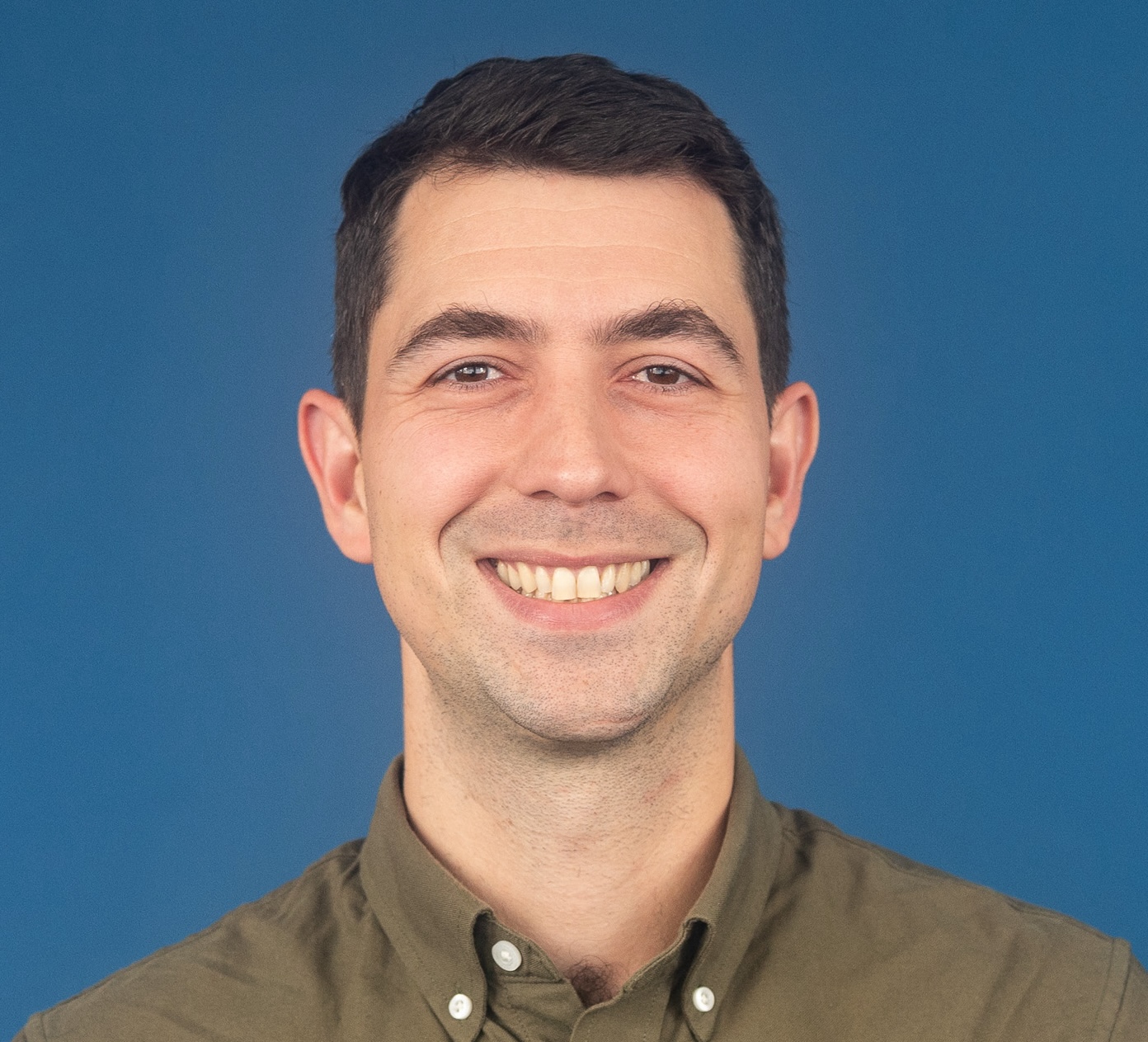

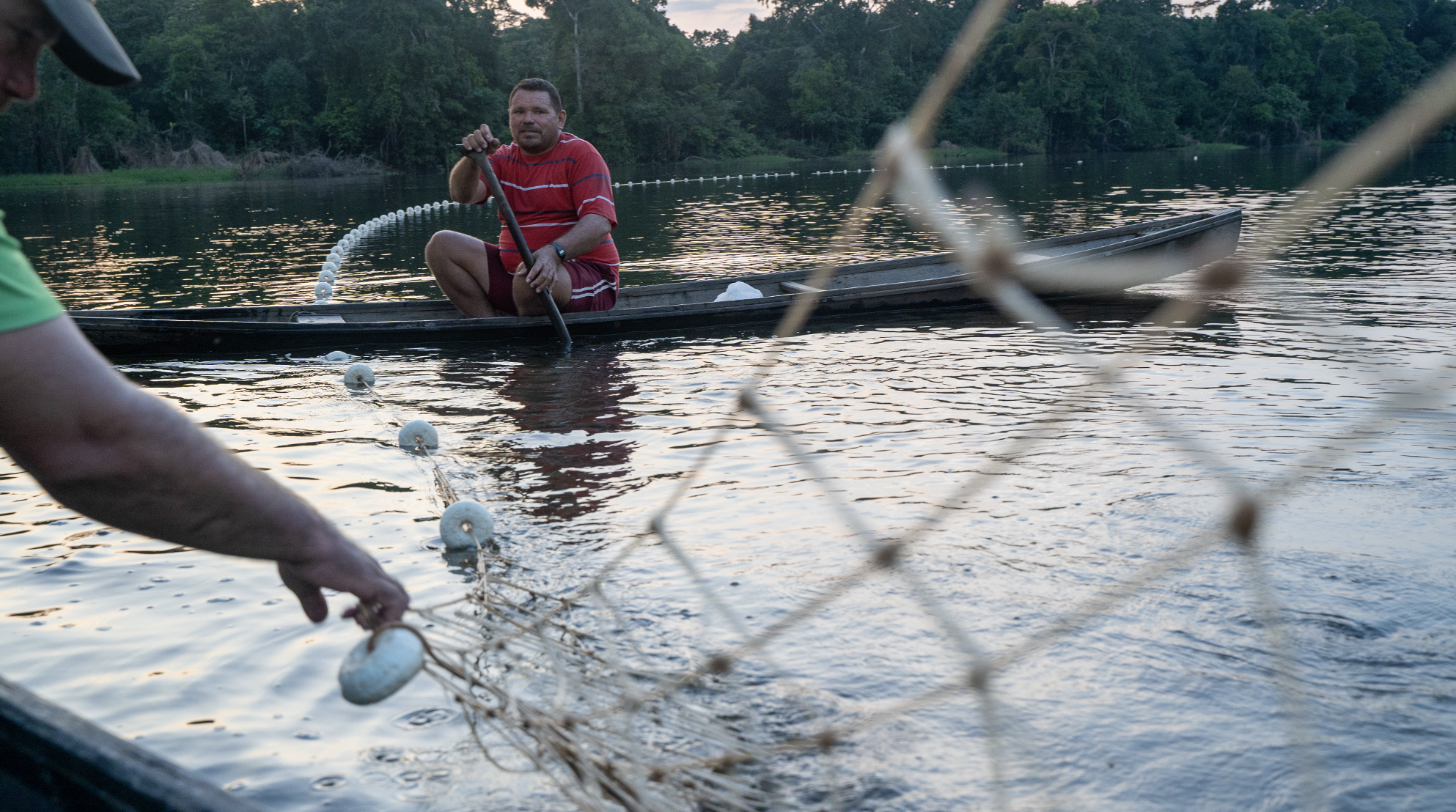
.png)